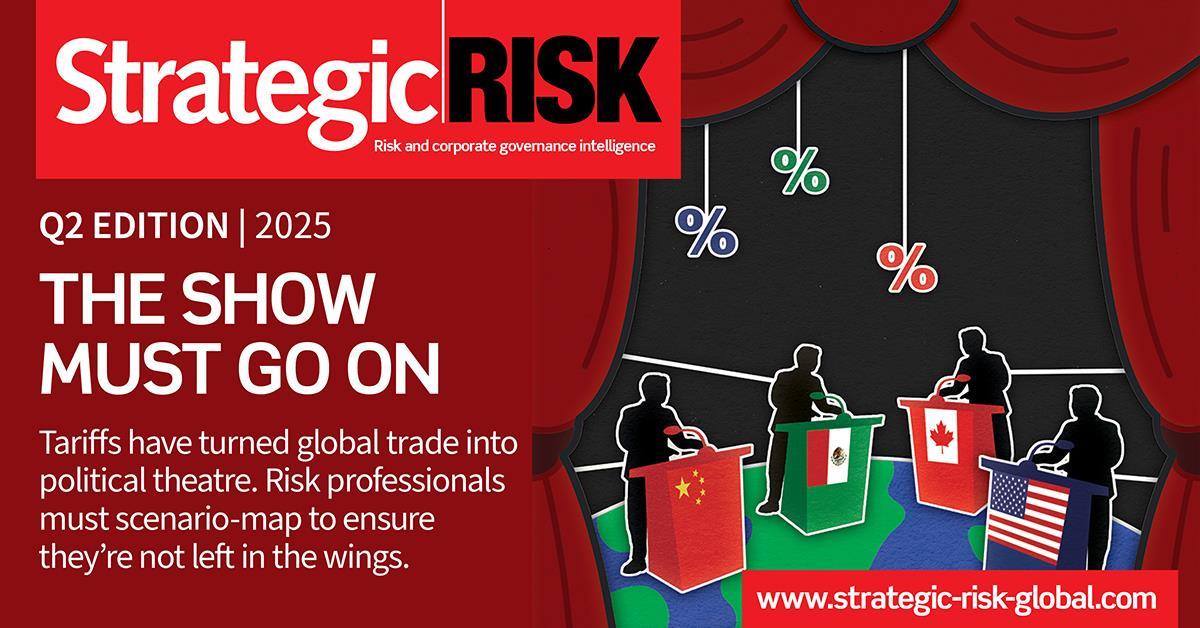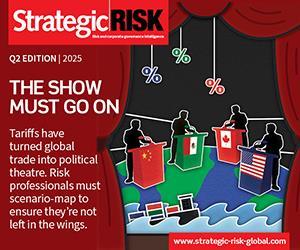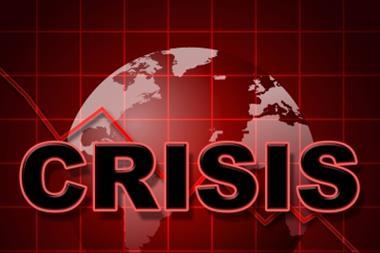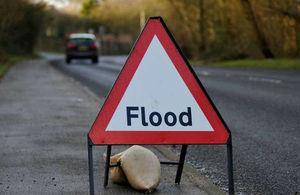The global steel and mining company has an airtight crisis response framework, which it activated when the Ebola virus hit a village close to its plant in Liberia

Crisis scenario exercises range from desktop walk-throughs to fully simulated live rehearsals with actors, but can staging a fictitious terrorist attack or concocting a corporate scandal really help corporations to prepare for a crisis? ArcelorMittal thinks so. For its crisis management in response to the Ebola virus, which began in a village close to its plant in Liberia, the global steel and mining company is shortlisted for an Institute of Risk Management Award for Excellence in the Face of Adversity this year.
ArcelorMittal regularly trains staff to respond to crises, whether at plant, country or global corporate level. Every week it has on call a crisis team of 10, who must stay within four hours’ commute of its headquarters in Luxembourg. A live simulation of a crisis at global corporate level is rehearsed yearly. The most recent one, involving the fictitious failure of a nuclear power reactor in France, led to a radioactive cloud drifting towards three of the company’s French plants before a change in the wind direction diverted it towards Luxembourg.
“We were evacuating thousands of people. We had to find tents, food, water and decontamination equipment. We ran a 24-hour scenario. It highlighted holes in our system and holes in government systems,” says ArcelorMittal’s Adrian Clements, general manager, operational risk management. In such situations, the global crisis team is trained to gather in a crisis room in Luxembourg, with pens, paper, computers, telephones, observers – whether that’s note-takers or video recorders – and plenty of coffee.
In a separate exercise, ArcelorMittal trained the local crisis team at its plant in Dunkirk, France, in a simulation of a contaminated gas leak, discovering in the process that mobile phone networks failed because of the noxious gas. This led to a real-life decision to invest in walkie-talkies. “It’s a cost saving to use mobile phones, but we decided to use walkie-talkies,” says Clements. “Some of our plants are five kilometres by five kilometres, and if you want to tell the guy over there to turn off the gas valve, you use a walkie-talkie.”
With the question no longer being if but when a crisis hits, preparing for a crisis is essential. Live simulations such as ArcelorMittal’s can help companies identify weaknesses in their crisis management plans, so that they are better prepared when a real crisis occurs.

For risk managers, planning is everything. But when disaster strikes, even the best plan in the world will need to adapt and shift to help address the challenges you face. Crisis Management 2016 is a one-day event dedicated to showcasing best practice in dealing with catastrophic events, whatever their cause. Moving from updates on key risks to practical interactive workshops and risk manager-led case studies and panels, it’s a one-stop shop for risk managers who want to explore what good looks like before, during and after a crisis.
Date and venue TBC





















No comments yet